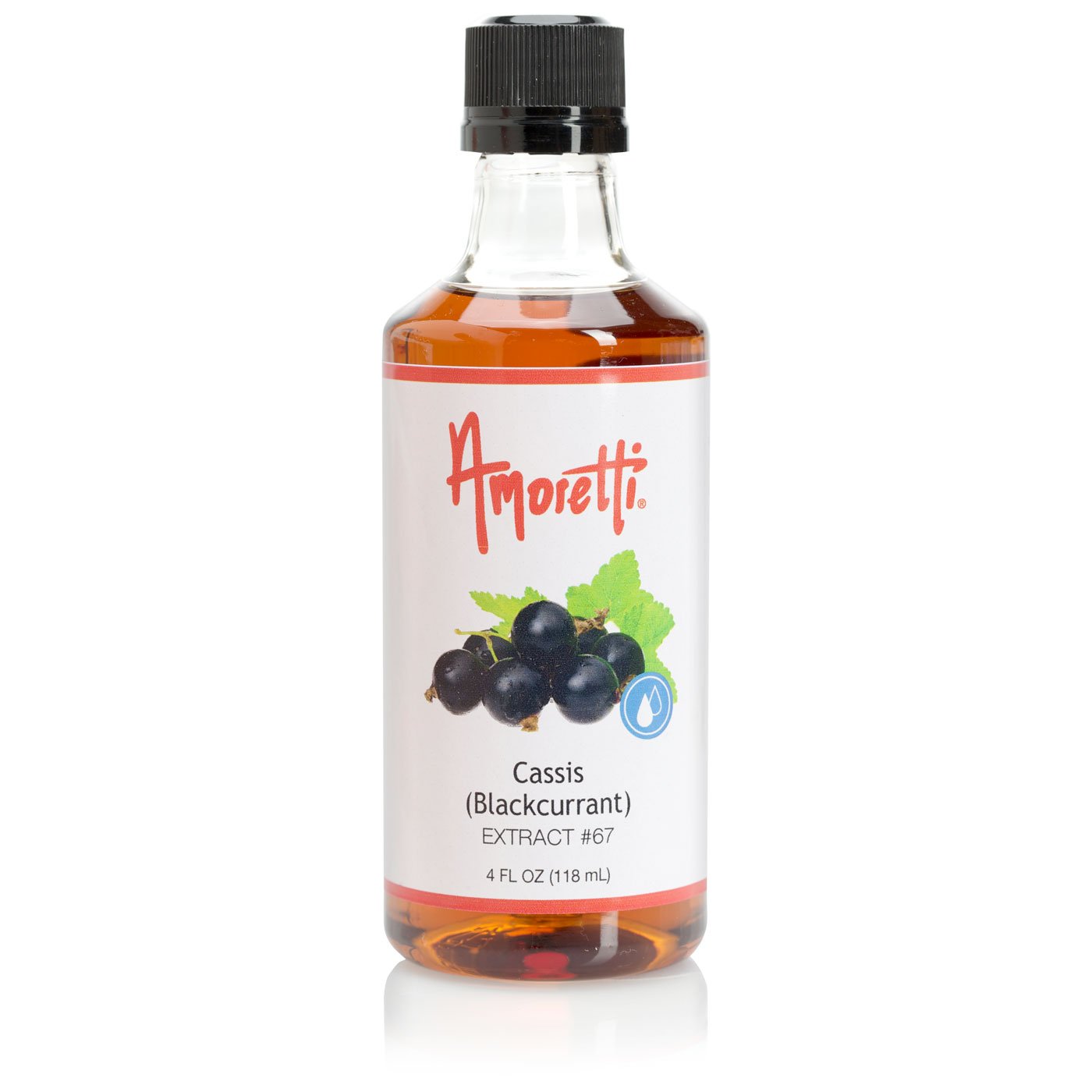Understanding Cassis Blackcurrant: From Berry To Bottle

Table of Contents
The Blackcurrant Berry: Origin and Cultivation
Geographical Origins
The blackcurrant, the heart of Cassis Blackcurrant, thrives in cool, temperate climates with well-drained soil. While blackcurrants are grown worldwide, those prized for Cassis production predominantly originate from the Burgundy region of France. The specific terroir of this area, characterized by its rich, limestone-based soil and moderate climate, contributes significantly to the superior quality and complex flavor of the berries. Other regions known for producing high-quality blackcurrants suitable for Cassis include parts of Switzerland and Eastern Europe.
Cultivating the Perfect Berry
Growing blackcurrants for Cassis requires precision and care. Several factors significantly impact the final flavor and quality of the berries:
- Soil Type: Well-drained, fertile soil rich in organic matter is essential.
- Climate: A cool climate with sufficient rainfall during the growing season is crucial for optimal berry development. Excessive heat can negatively impact the berry's quality.
- Harvesting Techniques: Careful hand-picking ensures that only ripe, undamaged berries are selected for processing. This minimizes the risk of introducing unwanted flavors or defects.
Specific cultivars favored for Cassis production include Noir de Bourgogne and other varieties selected for their high concentration of aromatic compounds and intense dark color. Increasingly, sustainable and organic farming practices are being adopted to ensure both high quality and environmental responsibility.
Key Characteristics of the Blackcurrant
The blackcurrant boasts a uniquely complex flavor profile. Its intense tartness is balanced by a subtle sweetness, resulting in a rich, full-bodied taste. The aroma is equally captivating, often described as intensely fruity with hints of floral notes and a pleasant, almost earthy undertone. Its deep, inky color further contributes to its visual appeal and hints at the rich flavor within.
The Cassis Production Process: From Berry to Bottle
Harvesting and Processing
The journey from berry to bottle begins with careful harvesting. Ripe blackcurrants are hand-picked, sorted to remove any damaged or unripe berries, and gently cleaned before processing. This initial step is critical in maintaining the quality and integrity of the final product.
Maceration and Fermentation
Maceration is a crucial step in Cassis production. The freshly harvested and crushed blackcurrants are steeped in high-quality alcohol (often neutral grain spirit) for several weeks. This process extracts the berries' color, flavor, and aromatic compounds, resulting in a concentrated blackcurrant infusion. Following maceration, fermentation may occur, transforming the sugars in the berries into alcohol, adding further complexity to the final product.
- Traditional Techniques: Often involve longer maceration times and spontaneous fermentation using naturally occurring yeasts.
- Modern Techniques: Utilize controlled fermentation processes with selected yeast strains to ensure consistent quality and flavor profiles.
- Sugar and Alcohol Content: The precise balance of sugar and alcohol is carefully controlled during the process, influencing the sweetness and overall character of the final Cassis.
- Temperature Control: Maintaining the optimal temperature throughout fermentation is crucial for preventing unwanted off-flavors.
Distillation and Ageing (if applicable)
While not always part of the process, some Cassis producers may distill the macerated mixture to achieve a more concentrated and refined flavor. In rare cases, ageing in oak barrels might follow, imparting subtle woody notes and enhancing the complexity of the liqueur.
Bottling and Packaging
After careful filtration, the Cassis is bottled and packaged, ready to be enjoyed. The packaging often reflects the premium nature of the product, emphasizing the high quality and craftsmanship involved.
The Unique Flavor Profile of Cassis Blackcurrant
Taste Descriptors
Cassis Blackcurrant possesses a distinctly tart yet pleasantly sweet flavor. Its intensity is undeniable, with notes of ripe blackcurrants dominating the palate. However, the overall taste is far more complex than simply "blackcurrant"; subtle nuances of raspberry, red currant, and even a hint of vanilla might emerge depending on the specific brand and production method.
Aromatic Complexity
The aroma of Cassis is equally captivating, with powerful blackcurrant notes complemented by hints of spice, floral undertones, and a subtle earthy complexity. The fragrance alone is enough to evoke images of sun-drenched vineyards and the freshly picked berries.
Food Pairings and Culinary Uses
Cassis is incredibly versatile, lending itself to both sweet and savory applications.
- Classic Cocktails: The iconic Kir Royale (Cassis and Champagne) is a prime example of its cocktail versatility. It also shines in other mixed drinks and can be used in simple yet elegant cocktails.
- Desserts: Its tartness makes it an excellent addition to mousses, cheesecakes, and sorbets. A Cassis reduction adds depth and complexity to many desserts.
- Savory Dishes: Cassis can elevate the flavors of various meat and poultry dishes, serving as a sophisticated marinade or sauce.
Cassis Blackcurrant: A Versatile Ingredient
Cocktail Creation
Beyond the Kir Royale, Cassis can form the base of numerous creative cocktails. Its intense flavor can be balanced with sparkling wine, fruit juices, or even spirits like vodka or gin. The possibilities are endless.
Culinary Applications
Cassis' culinary uses extend far beyond desserts. Its tartness cuts through the richness of fatty meats, creating a delightful balance of flavors. It can be incorporated into sauces, glazes, and marinades, adding depth and complexity to various dishes.
Health Benefits (if applicable)
Blackcurrants are rich in antioxidants, which are associated with various health benefits. While more research is needed to definitively confirm the benefits of consuming Cassis, the inherent antioxidant properties of the blackcurrants are a positive aspect.
Conclusion
The journey of Cassis Blackcurrant, from carefully cultivated berries to a sophisticated liqueur, is a testament to both nature and human craftsmanship. Its intense, complex flavor profile and remarkable versatility make it a prized ingredient in cocktails and culinary creations worldwide. From the tartness that awakens the palate to the subtle nuances that linger, Cassis Blackcurrant offers a truly unique sensory experience. Discover the exquisite taste of Cassis Blackcurrant and elevate your culinary and cocktail experiences today! Explore the various brands and recipes available to fully appreciate this versatile liqueur.

Featured Posts
-
 Former Liverpool Managers Impact Hout Bay Fcs Upward Trajectory
May 21, 2025
Former Liverpool Managers Impact Hout Bay Fcs Upward Trajectory
May 21, 2025 -
 Tottenham Loanees Stellar Performance Propels Leeds Back To Championship Top
May 21, 2025
Tottenham Loanees Stellar Performance Propels Leeds Back To Championship Top
May 21, 2025 -
 Reyting Providnikh Finkompaniy Ukrayini Za 2024 Rik Credit Kasa Finako Ukrfinzhitlo Atlana Ta Credit Plus
May 21, 2025
Reyting Providnikh Finkompaniy Ukrayini Za 2024 Rik Credit Kasa Finako Ukrfinzhitlo Atlana Ta Credit Plus
May 21, 2025 -
 Moncoutant Sur Sevre Et Clisson Une Histoire De Diversification Centennale
May 21, 2025
Moncoutant Sur Sevre Et Clisson Une Histoire De Diversification Centennale
May 21, 2025 -
 Sandylands U Tv Schedule And Viewing Information
May 21, 2025
Sandylands U Tv Schedule And Viewing Information
May 21, 2025
